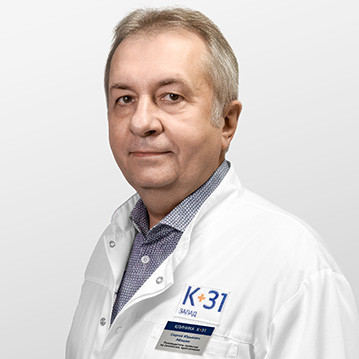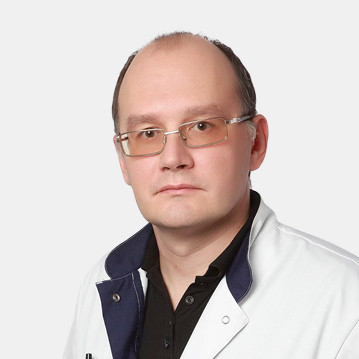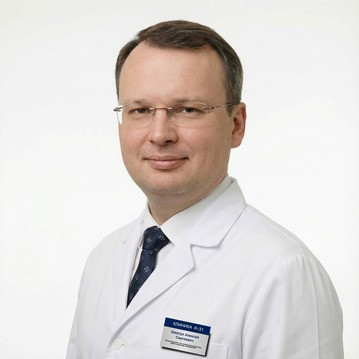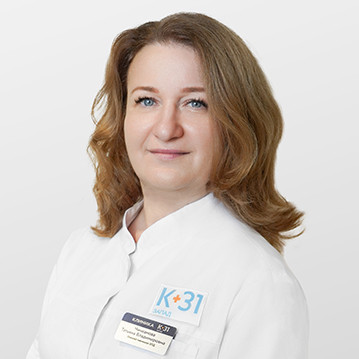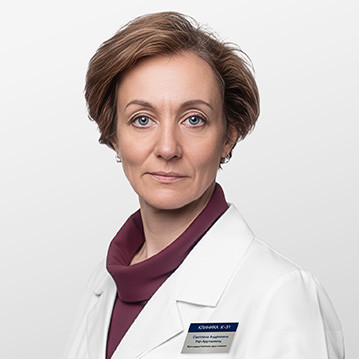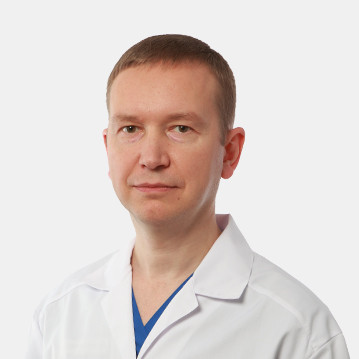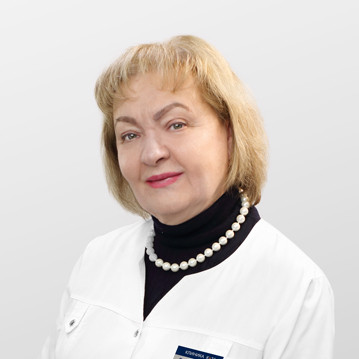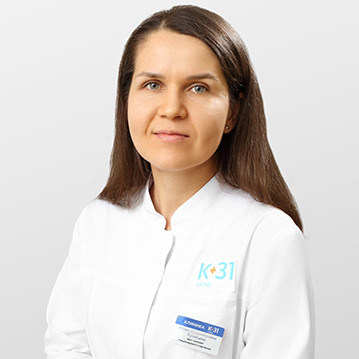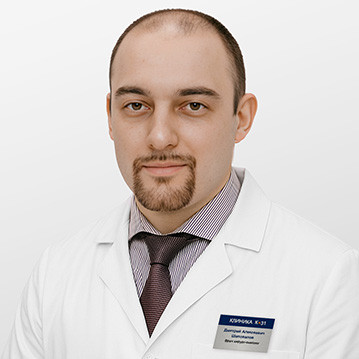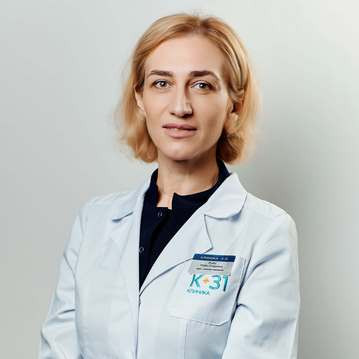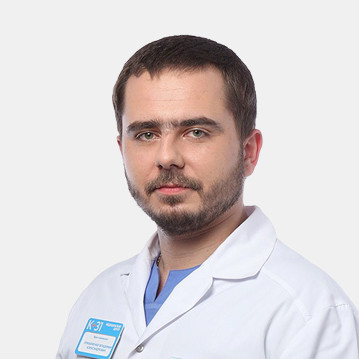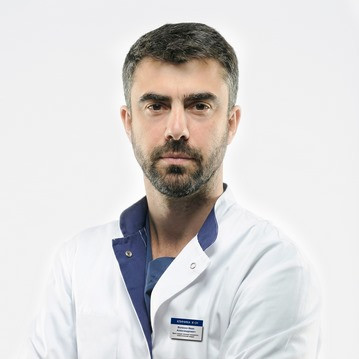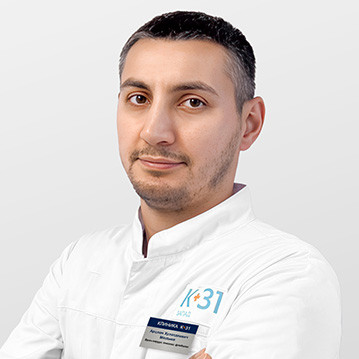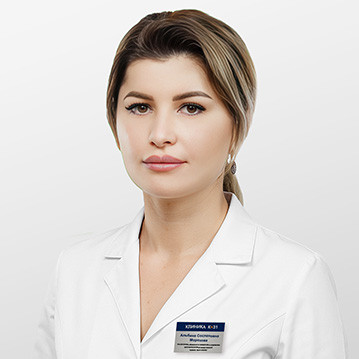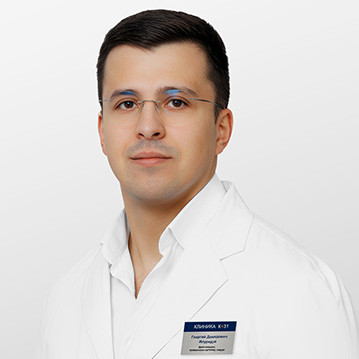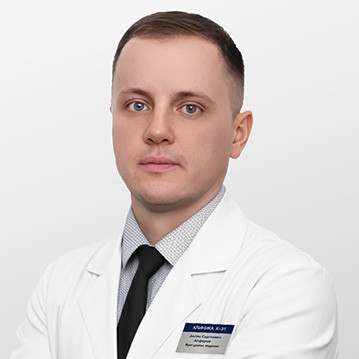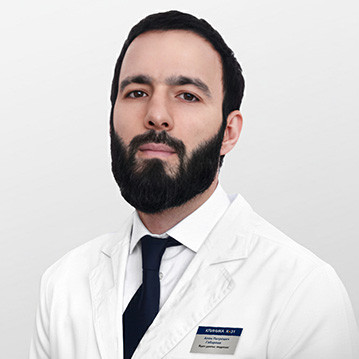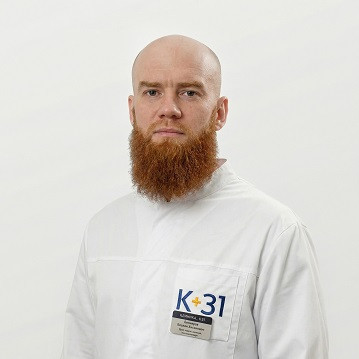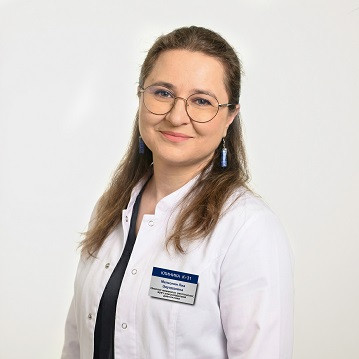
The genetic material of each cell of the human body contains about 30,000 genes. Among them there is a group of genes that control the process of cell division and reproduction, their lifespan, repair of damage in the DNA molecule. Mutations (random changes) in these genes lead to the fact that cells begin to divide uncontrollably, due to which a tumor forms.
Cancer is a group of oncological diseases caused by changes in the DNA molecule that change the behavior of cells, causing them to grow uncontrollably and become malignant. These DNA abnormalities can take many forms, including rearrangements, deletions (dropping out fragments), amplifications (an increase in the number of sections of the molecule), and the addition or removal of part or all of the DNA molecule. Often, a combination of several genomic changes work together to promote cancer growth.
Genetic changes can be inherited from parents (hereditary mutations), caused by environmental factors, or occur during natural processes such as cell division. Abnormalities in DNA molecules that accumulate over the course of life are called acquired or somatic changes and account for 85-90% of all cancers.
Laboratory genetic tests, called DNA sequencing tests, can "read" this molecule. By comparing the DNA sequence in cancer cells with that in normal cells such as blood or saliva, genetic changes can be identified that can stimulate tumor growth.
Problems of genetic testing in oncology
Molecular genetic analysis in oncology allows us to solve two main problems:
- To determine the predisposition to cancer, the presence of mutations, hereditary or acquired, that increase the risk of cancer.
- Determine the type and origin of a pre-existing malignant tumor for cancer diagnosis in order to determine the most effective treatment.
The development of science in general and medical diagnostic methods in particular makes it possible to penetrate into the molecular and genetic processes occurring in cells, to distinguish between tumors that can occur in the same place, but have different characteristics depending on the type of mutations, as well as determine methods of combating a specific malignant process. This has significantly changed the approach to cancer treatment and increased the chances of recovery for many patients.
Cancer genetic tests are analyzes of DNA or parts of it to detect hereditary or somatic mutations that can lead to the formation of malignant tumors. Genetic testing can prevent the onset of cancer through preventive measures and preventive measures.
Hereditary cancer is a disease due to mutations that have been passed from parent to child. The most common cancers in this group are breast cancer, ovarian cancer, stomach cancer, pancreatic cancer, colon cancer (colorectal cancer) and melanoma.
Genetic testing of a tumor reveals a set of mutations specific to a particular tumor. Malignant tumors can have the same localization, be formed from the same type of cells. However, their genetics can be very different. And the effectiveness of this or that method of cancer treatment depends on this.
What is a genetic test?
In every cell of our body there is a DNA macromolecule that serves to store and transmit hereditary information. The sections of this molecule in which information about the structure of the protein is encrypted are called genes. All the genes of an organism make up its genotype. Using a genetic test (sequencing, PCR, fragment analysis, and others), you can study individual genes or the entire DNA of a person, animal, plant, virus or bacterium. What is used in many areas of activity from medicine and forensics to agriculture.
Genetic tests for cancer predisposition
In oncology, targeted genetic tests for cancer can be performed. For example, if a patient's relative has been diagnosed with breast cancer, mutations in the brca1 and brca2 genes can be analyzed to determine her predisposition to breast tumors. Since in many cases of hereditary breast cancer, mutations in these genes are the cause of cancer.
The detection of mutations in the brca1 and brca2 genes will allow us to develop a plan of preventive measures. For example, as a drastic measure, removal of the mammary glands may be indicated. In other cases of hereditary cancer, if a predisposition to it has been identified using a genetic test, lifestyle changes, nutrition, or regular deeper examinations can be effective to help detect the tumor at its earliest stages of development and cure it with minimally dangerous methods for the body.
Genetic testing for acquired or hereditary predisposition to cancer allows you to:
- to detect (or not detect) this predisposition to a particular type of cancer;
- determine how high the risks of developing a malignant tumor are;
- to take preventive measures in time;
- find out the nature of mutations - are they hereditary or acquired;
- understand whether the predisposition to cancer will be inherited by the patient's children (if mutations in the genes of germ cells) or not.
Genetic tests today allow you to determine the risk of developing breast cancer, ovarian cancer, prostate cancer, thyroid cancer, stomach cancer, pancreatic cancer, colon cancer, kidney cancer. As well as the risks of melanoma (skin cancer) or sarcoma (malignant tumor of the connective tissue).
Genetic study of a tumor
A genetic test for an existing tumor allows you to:
- determine the cause of the development of the tumor, find the mutations that led to it; determine whether they are hereditary or acquired and whether they will be passed on to offspring;
- find out the molecular genetic characteristics of the tumor;
- choose drugs that will have the maximum effect on this tumor.
In this case, the DNA of the tumor is compared with the DNA of healthy cells and the differences are looked for. When it becomes clear which genes have been violated, it becomes clear which processes or systems of the cell are out of order. When a breakdown is found, it is easier to find a cure.
In the case of melanoma, mutations in the BRAF gene are the most studied, in the case of some types of lung cancer, in the BRAF, EGFR, ALK genes, in breast cancer, in the HER2 gene, and in ovarian cancer, in the BRCA1 and BRCA2 genes. Drugs are used that are designed to neutralize the effect of the mutation and cause cancer cell death: BRAF inhibitors (vemurafenib and dabrafenib), EGFR inhibitors (cetuximab, panitumumab), ALK inhibitors (ceritinib, alectinib), HER2 inhibitors (trastuzumab, pertuzumab), etc.
Importance of Cancer Genomics in Precision Cancer Medicine
Genomic information about cancer leads to a more accurate diagnosis and selection of the best treatment strategy for a particular patient - an approach called precision medicine.
As a result of research on genomic changes associated with cancer, drugs have been developed to fight the disease in several ways:
- inhibition of enzyme substances that cause abnormal growth and increased survival of cancer cells;
- stopping the excessive activity of genes characteristic of cancer cells;
- blocking molecular signaling pathways that are overactive in cancer cells.
These "targeted therapies" target cancer cells that are different from normal cells in the body. This makes the treatment less toxic compared to other treatments such as chemotherapy and radiotherapy, which can damage normal cells. There are several examples of precision medicine that have been in clinical use for several years now:
- Imatinib (Gleevec®) inhibits the hyperactivity of a protein (called Bcr-Abl tyrosine kinase) in patients whose leukemia is caused by a particular chromosomal rearrangement;
- trastuzumab (Herceptin®) controls an overactive signaling pathway (HER2 tyrosine kinase) caused by multiple copies of the HER2 gene in certain breast cancer subtypes;
- Erlotinib (Tarceva®) and gefitinib (Iressa®) limit the activation of a protein (epidermal growth factor or EGFR) that is abnormally active in certain types of lung cancer due to mutations in the corresponding gene.
In the laboratory of the Clinic, it is possible to carry out the whole range of molecular genetic studies to select the optimal therapy for oncological diseases.
Indication of drugs is for informational purposes only. It is not an appointment or an advertisement. It is possible to choose a drug with the same active ingredient, to select the drug that is optimal for you, you need to consult a specialist.



